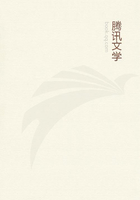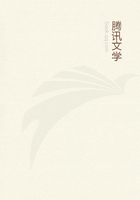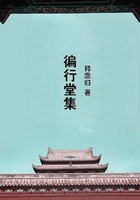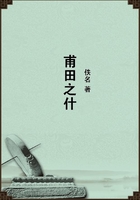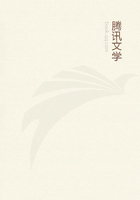A transcendental principle is one through which we represent a priori the universal condition under which alone things can become objects of our cognition generally.A principle, on the other band, is called metaphysical where it represents a priori the condition under which alone objects whose concept has to be given empirically may become further determined a priori.Thus the principle of the cognition of bodies as substances, and as changeable substances, is transcendental where the statement is that their change must have a cause: but it is metaphysical where it asserts that their change must have an external cause.For, in the first case, bodies need only be thought through ontological predicates (pure concepts of understanding) e.g., as substance, to enable the proposition to be cognized a priori; whereas, in the second case, the empirical concept of a body (as a movable thing in space) must be introduced to support the proposition, although, once this is done, it may be seen quite a priori that the latter predicate (movement only by means of an external cause) applies to body.In this way, as I shall show presently, the principle of the finality of nature (in the multiplicity of its empirical laws) is a transcendental principle.For the concept of objects, regarded as standing under this principle, is only the pure concept of objects of possible empirical cognition generally, and involves nothing empirical.On the other band, the principle of practical finality, implied in the idea of the determination of a free will, would be a metaphysical principle, because the concept of a faculty of desire, as will, has to be given empirically, i.e., is not included among transcendental predicates.
But both these principles are, none the less, not empirical, but a priori principles; because no further experience is required for the synthesis of the predicate with the empirical concept of the subject of their judgements, but it may be apprehended quite a priori.
That the concept of a finality of nature belongs to transcendental principles is abundantly evident from the maxims of judgement upon which we rely a priori in the investigation of nature, and which yet have to do with no more than the possibility of experience, and consequently of the knowledge of nature-but of nature not merely in a general way, but as determined by a manifold of particular laws.
These maxims crop up frequently enough in the course of this science, though only in a scattered way.They are aphorisms of metaphysical wisdom, making their appearance in a number of rules the necessity of which cannot be demonstrated from concepts."Nature takes the shortest way (lex parsimoniae); yet it makes no leap, either in the sequence of its changes, or in the juxtaposition of specifically different forms (lex continui in natura); its vast variety in empirical laws is for all that, unity under a few principles (principia praeter necessitatem non sunt multiplicanda)";and so forth.
If we propose to assign the origin of these elementary rules, and attempt to do so on psychological lines, we go straight in the teeth of their sense.For they tell us, not what happens, i.e., according to what rule our powers of judgement actually discharge their functions, and how we judge, but how we ought to judge; and we cannot get this logical objective necessity where the principles are merely empirical.Hence the finality of nature for our cognitive faculties and their employment, which manifestly radiates from them, is a transcendental principle of judgements, and so needs also a transcendental deduction, by means of which the ground for this mode of judging must be traced to the a priori sources of knowledge.
Now, looking at the grounds of the possibility of an experience, the first thing, of course, that meets us is something necessary-namely, the universal laws apart from which nature in general (as an object of sense) cannot be thought.These rest on the categories, applied to the formal conditions of all intuition possible for us, so far as it is also given a priori.Under these laws, judgement is determinant; for it bas nothing else to do than to subsume under given laws.For instance, understanding says: all change has its cause (universal law of nature); transcendental judgement has nothing further to do than to furnish a priori the condition of subsumption under the concept of understanding placed before it: this we get in the succession of the determinations of one and the same thing.Now for nature in general, as an object of possible experience, that law is cognized as absolutely necessary.But besides this formal time-condition, the objects of empirical cognition are determined, or, so far as we can judge a priori, are determinable, in divers ways, so that specifically differentiated natures, over and above what they have in common as things of nature in general, are further capable of being causes in an infinite variety of ways; and each of these modes must, on the concept of a cause in general, have its rule, which is a law, and, consequently, imports necessity: although owing to the constitution and limitations of our faculties of cognition we may entirely fail to see this necessity.Accordingly, in respect of nature's merely empirical laws, we must think in nature a possibility of an endless multiplicity of empirical laws, which yet are contingent so far as our insight goes, i.e., cannot be cognized a priori.In respect of these we estimate the unity of nature according to empirical laws, and the possibility of the unity of experience, as a system according to empirical laws, to be contingent.

